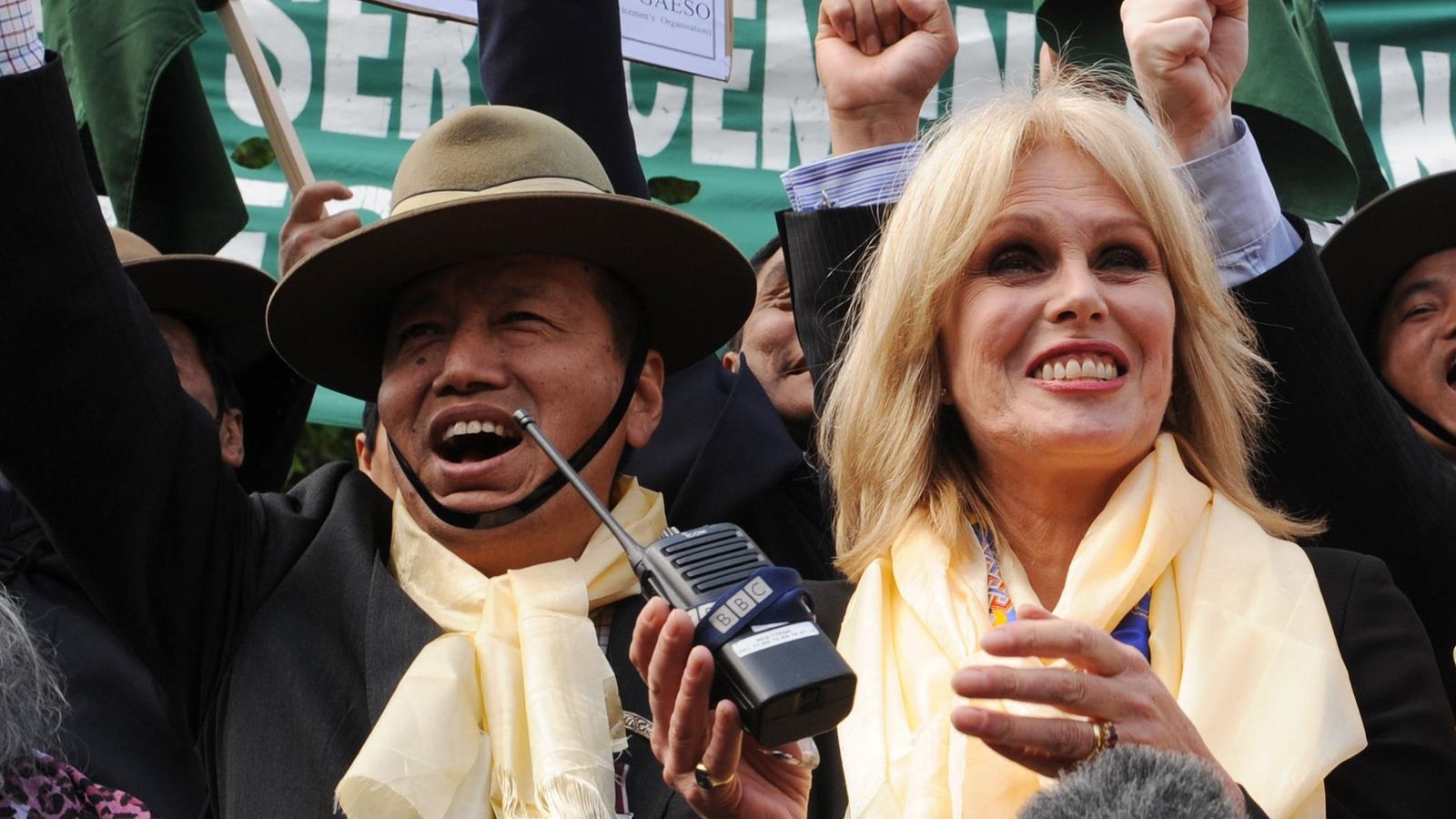- Reaction score
- 16,317
- Points
- 1,160
SWITZERLAND
Military service is compulsory for men - starting at the age of 20 - and voluntary for women in Switzerland. The basic military service lasts 21 weeks, but additional training programmes need to be attended through adulthood. When combined, the total service period is a little less than a year.
In 2013, Switzerland held a referendum which aimed to abolish conscription, but it failed with over 73% of the electorate putting their vote in favour of conscription of men. This was the third time the country had held such a referendum. But now, the discourse has changed to bolstering the military. In the wake of the Russia-Ukraine war, the country is now mulling making military service compulsory for women too by 2024.
SWEDEN
In 2017, Sweden decided to reintroduce military conscription amid Russia's military drills in the region which has now escalated to full blown war with Ukraine. Russia's annexation of Crimea and increased military activity in the region were cited as the reasons for bringing back conscription. The conscripts are expected to serve a period of nine to 12 months.
Unlike previously when only men were conscripted, compulsory military service is now applicable to both men and women. Sweden had suspended the conscription system in favour of a recruitment system on voluntary terms in 2010.
KOREAS
South Korea and North Korea have technically been at war for the past 72 years. The hostility has resulted in both countries bolstering their military. North Korea pursues a military-first policy also known as 'Songun,' under which all resources are first prioritised for the military. Typically, school graduates are made to join the service at the age of 17-18. In 2003, military service was reduced to 10 years from 13 for men, and seven from 10 for women. Military service was earlier voluntary for women but was reportedly made mandatory in 2015.
In the neighbouring South Korea, men are supposed to serve either in army (21 months), navy (23 months), or air force (24 months). Police force, coast guard and fire service are also an alternative. Successful sportsmen, such as those who win gold at Olympics or Asian Games, can avail an exemption from compulsory service.
From : 11 countries where military service is compulsory
Military service is compulsory for men - starting at the age of 20 - and voluntary for women in Switzerland. The basic military service lasts 21 weeks, but additional training programmes need to be attended through adulthood. When combined, the total service period is a little less than a year.
In 2013, Switzerland held a referendum which aimed to abolish conscription, but it failed with over 73% of the electorate putting their vote in favour of conscription of men. This was the third time the country had held such a referendum. But now, the discourse has changed to bolstering the military. In the wake of the Russia-Ukraine war, the country is now mulling making military service compulsory for women too by 2024.
SWEDEN
In 2017, Sweden decided to reintroduce military conscription amid Russia's military drills in the region which has now escalated to full blown war with Ukraine. Russia's annexation of Crimea and increased military activity in the region were cited as the reasons for bringing back conscription. The conscripts are expected to serve a period of nine to 12 months.
Unlike previously when only men were conscripted, compulsory military service is now applicable to both men and women. Sweden had suspended the conscription system in favour of a recruitment system on voluntary terms in 2010.
KOREAS
South Korea and North Korea have technically been at war for the past 72 years. The hostility has resulted in both countries bolstering their military. North Korea pursues a military-first policy also known as 'Songun,' under which all resources are first prioritised for the military. Typically, school graduates are made to join the service at the age of 17-18. In 2003, military service was reduced to 10 years from 13 for men, and seven from 10 for women. Military service was earlier voluntary for women but was reportedly made mandatory in 2015.
In the neighbouring South Korea, men are supposed to serve either in army (21 months), navy (23 months), or air force (24 months). Police force, coast guard and fire service are also an alternative. Successful sportsmen, such as those who win gold at Olympics or Asian Games, can avail an exemption from compulsory service.
From : 11 countries where military service is compulsory





